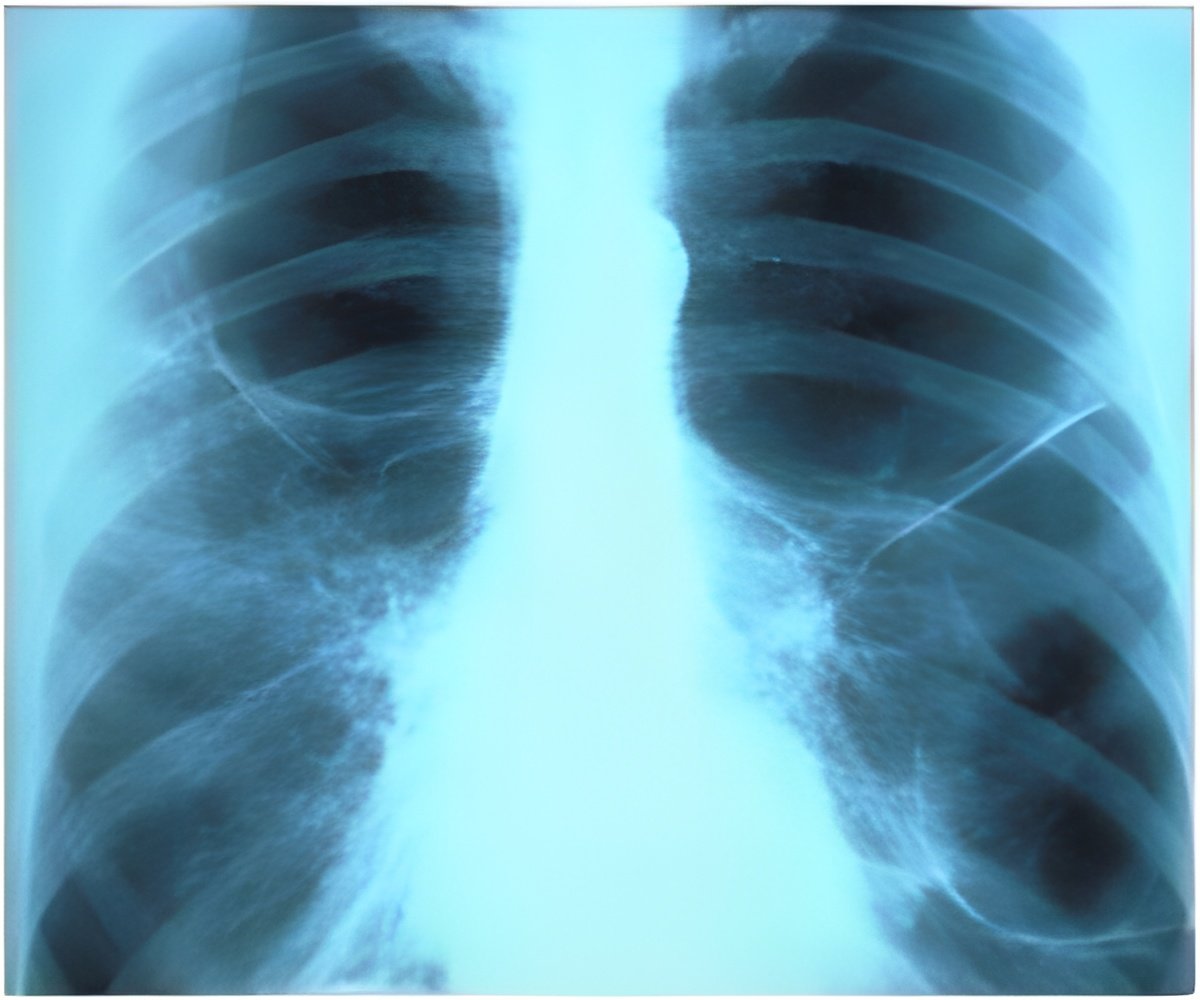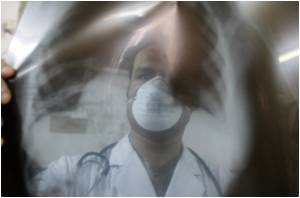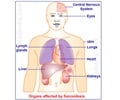Anti-reflux surgery to correct gastroesophageal reflux disease, or GERD can protect lung function in patients with end-stage pulmonary disease both before and after transplantation, finds study.

"It's possible that reflux, which is due to a weak sphincter between the stomach and esophagus, allows acid and other gastric juices to leak back not only into the esophagus, but also to get aspirated in small amounts into the lungs," Dr. Jobe said. "That micro-aspiration could be setting the stage for the development of BOS."
Lead author Toshitaka Hoppo, M.D., Ph.D., research assistant professor, Department of Cardiothoracic Surgery, Pitt School of Medicine, stressed the importance of esophageal testing for reflux in patients with end-stage pulmonary disease. He noted that "almost one-half of the patients in our series did not have symptoms but were having clinically silent exposure to gastric fluid. Based on this finding, there should be a very low threshold for esophageal testing in this patient population."
For the study, Dr. Jobe's team reviewed medical charts of 43 end-stage lung-disease patients with documented GERD, 19 of whom were being evaluated for lung transplant and 24 who had already undergone transplantation. All the patients were on GERD medications at the time they were evaluated for antireflux surgery (ARS), which prevents fluid from leaking back into the esophagus. Prior to ARS, nearly half of the patients had either no or mild symptoms of GERD and only a fifth had the typical symptoms of heartburn and regurgitation.
The researchers found that nearly all measures of lung function improved after ARS in both the pre- and post-transplant groups. There also were fewer episodes of acute rejection and pneumonia after ARS in the post-transplant group.
"The surgery appeared to benefit even those who hadn't yet had a transplant," Dr. Jobe noted. "Given the shortage of donor organs, ARS might help preserve the patient's own function and buy some more time."
Advertisement













